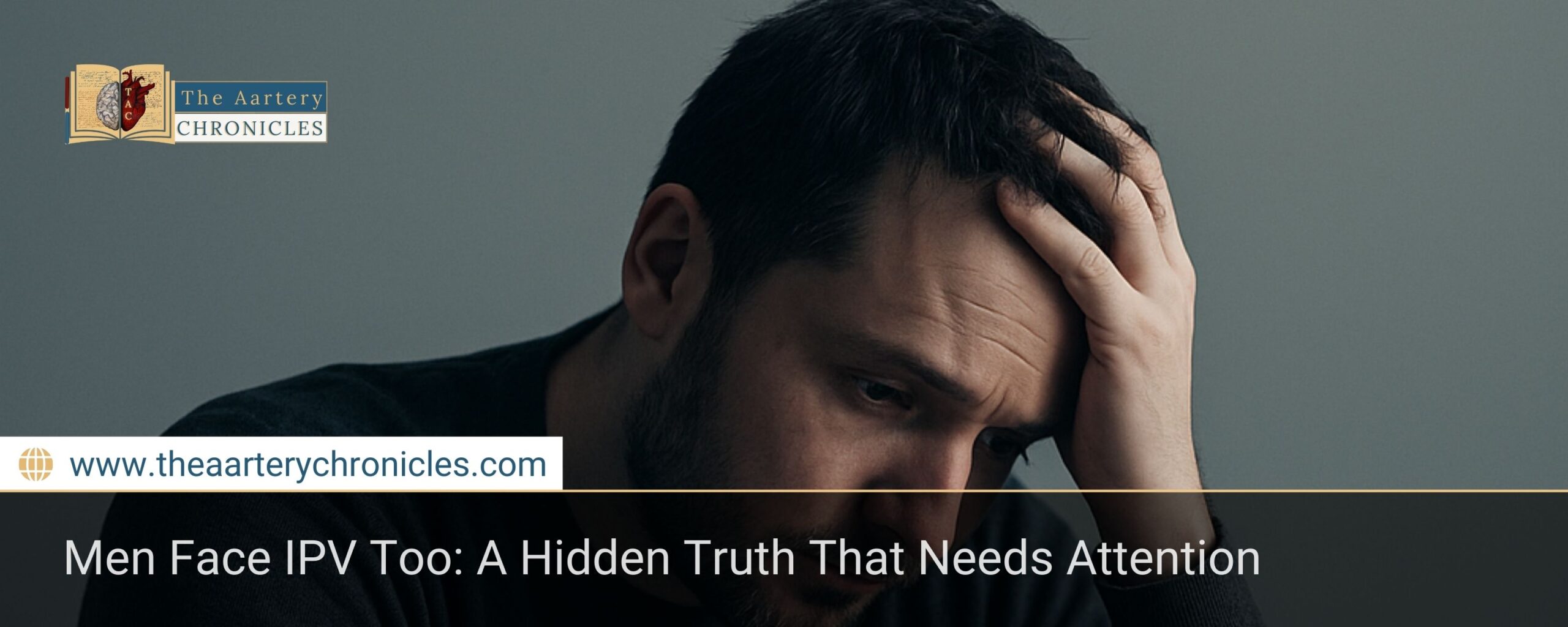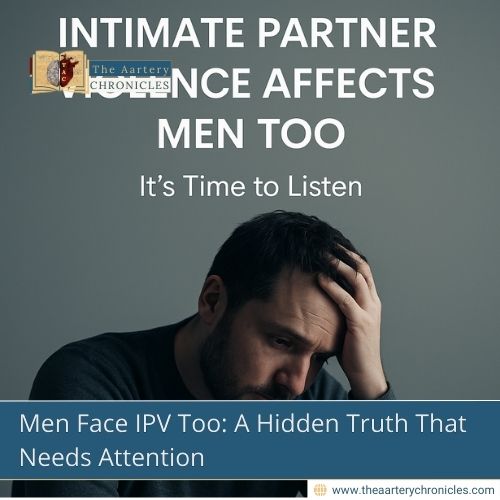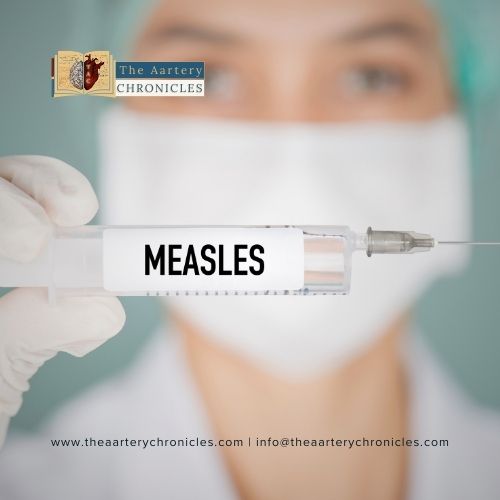

Men Face IPV Too: A Hidden Truth That Needs Attention
Summary: This article explores a recent study published in the Journal of Comprehensive Health highlighting intimate partner violence (IPV) experienced by ever-married men. Through in-depth interviews, the study reveals the forms of abuse men face that prevent them from seeking help:
- Physical
- Emotional
- Financial
- The societal barrier
- Legal barriers
It calls for recognising IPV against men as a serious social issue to enable timely support and justice.
The Untold Story of Men Facing Intimate Partner Violence
In this article, we dive into new research exposing how intimate partner violence (IPV) also deeply affects men. You’ll discover the different forms of abuse men endure, why they hesitate to seek help, and what society must do to address this hidden crisis.
When We Talk About Domestic Violence, Are We Missing Half the Story?
The discussions around domestic violence often focus on women, but research shows that men, too, are victims. A recently published study in the Journal of Comprehensive Health by Scientific Scholar sheds light on this often-overlooked reality.
The study highlights intimate partner violence (IPV) as not just a women’s issue, but it’s a significant public health and human rights concern affecting all genders. Although IPV overwhelmingly impacts women, there’s a growing acknowledgment that men are not immune to it.
What the Study Revealed About Male Victims of IPV
Drawing from the lived experiences of 15 ever-married men who faced domestic violence from their female partners, researchers conducted in-depth interviews to better understand the situation.
The findings were eye-opening:
- Men experienced physical, emotional, and financial abuse.
- These forms of abuse severely impacted their
- Mental health
- Physical health
- Financial stability
As one participant put it, “I didn’t know where to turn. I felt trapped, ashamed, and isolated.”
Social Stigma: The Invisible Chains on Male Victims
A major barrier to seeking help was societal norms. Men reported feeling fear of being ridiculed, judged, or disbelieved if they spoke up. The stigma around masculinity discouraged them from acknowledging their pain or seeking support.
Moreover, existing legal protections often favor women, making it even harder for men to pursue justice.
As the study noted, “Skewed legislative measures in favor of women work against the provision of justice to men.”
Why Recognizing IPV in Men Matters
The study emphasizes that the first step toward helping male victims is acknowledging intimate partner violence against men as a serious social problem.
Without recognition:
- Men continue to suffer in silence.
- Health and economic outcomes worsen
- True gender equality remains out of reach
As the researchers concluded, “Misplaced notions of gendered behavior delay help-seeking among men and further the cycle of abuse.”
Conclusion: Shedding Light on a Hidden Crisis
This important study shows that IPV among men is real, damaging, and often ignored. By breaking stereotypes and recognizing their struggles, society can foster more inclusive support systems and policies for all victims of domestic violence.
Inputs from various media Resources

Dane
I am an MBBS graduate and a dedicated medical writer with a strong passion for deep research and psychology. I enjoy breaking down complex medical topics into engaging, easy-to-understand content, aiming to educate and inspire readers by exploring the fascinating connection between health, science, and the human mind.








